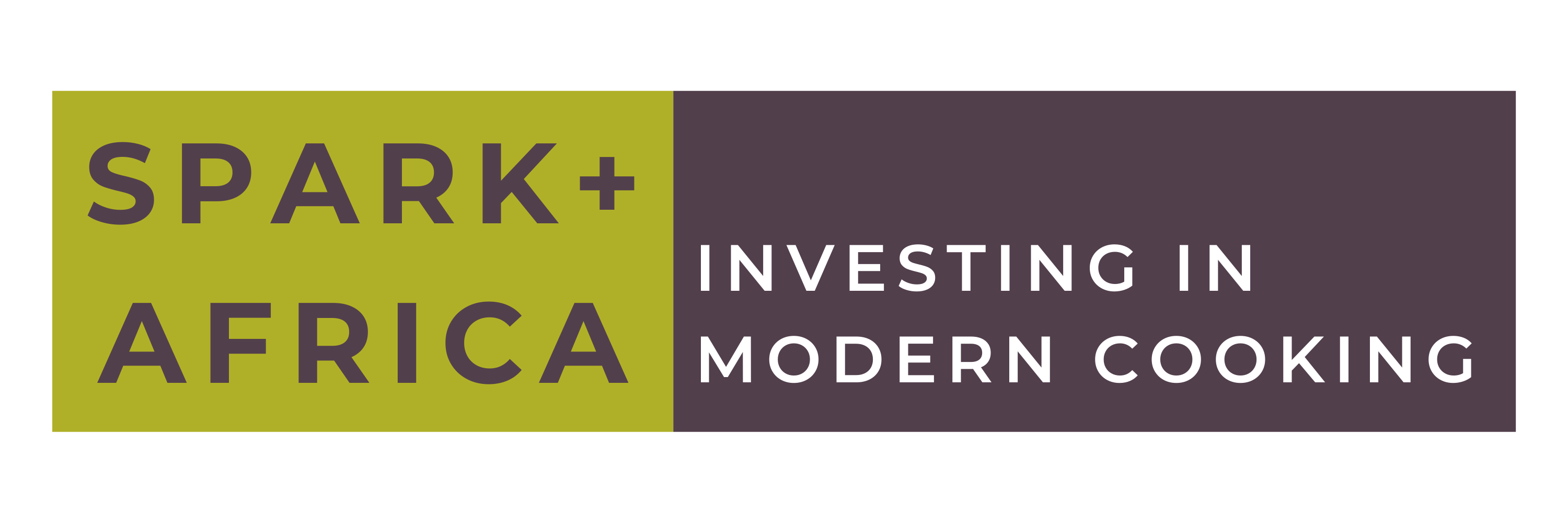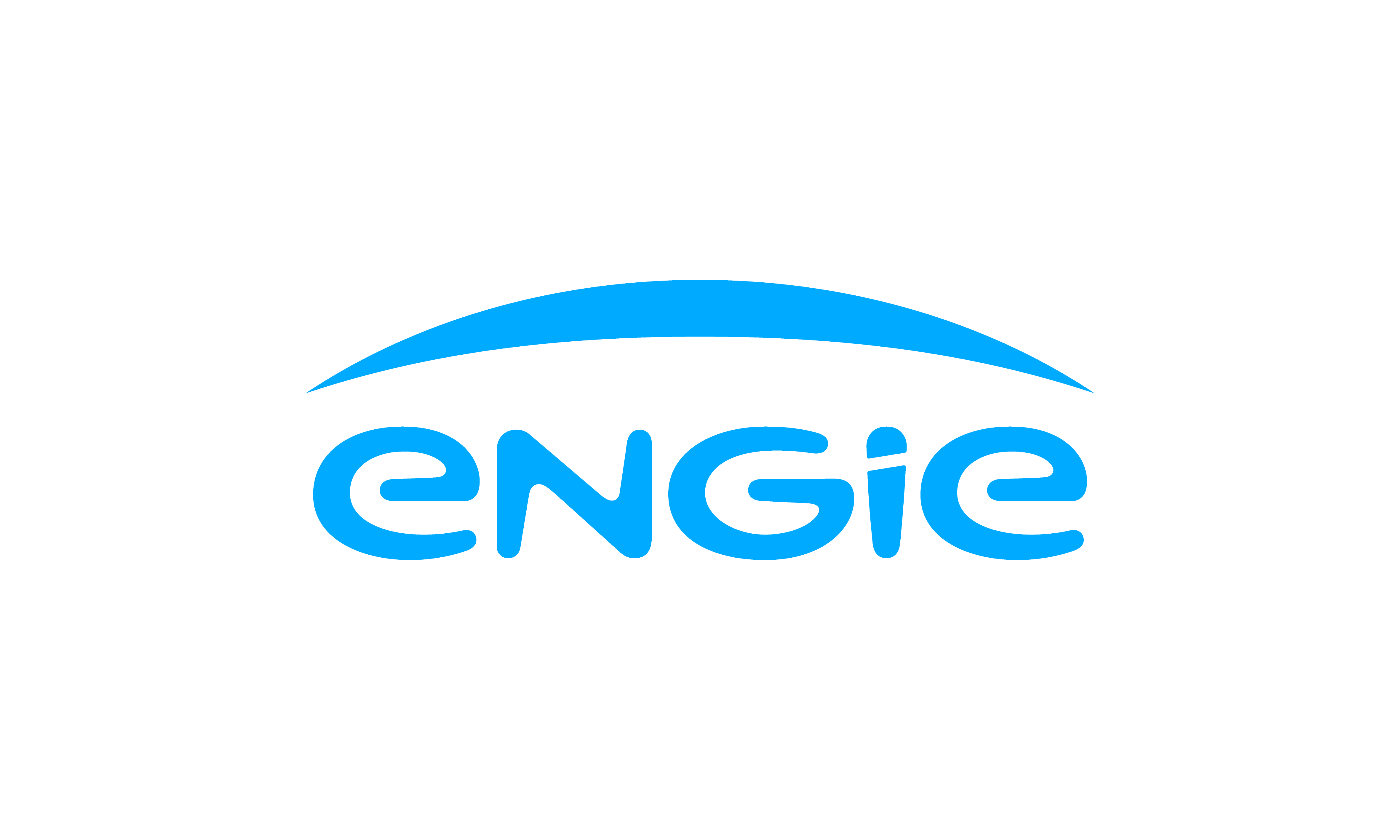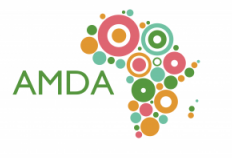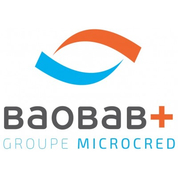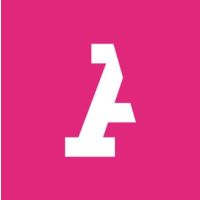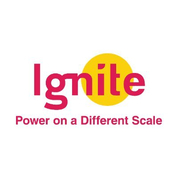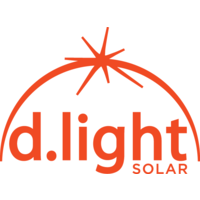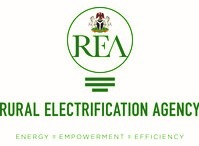26 May 2022: The government of Ghana has signed a grant agreement with the African Development Fund, and a financing agreement with the government of Switzerland, for the Ghana Mini Grid and Solar Photovoltaic Net Metering project. The project will benefit schools, health centres and communities across the country.
The agreements, for the development of 35 mini-grids and stand-alone solar PV systems, were signed on Wednesday 25 May at a short ceremony held on the sidelines of the African Development Bank Group’s 2022 Annual Meetings. They were signed by Ghanaian Finance Minister Ken Ofori-Atta, chairman of the board of governors of the African Development Bank Group, Ambassador Dominique Paravicini, the African Development Bank Group’s governor for Switzerland and Dr. Akinwumi A. Adesina, president of the African Development Bank.
The post Covid-19 era has highlighted the importance of reliable energy services. The project will support Ghana’s Covid-19 Alleviation and Revitalization of Enterprises Support (Ghana CARES) program, which identifies the energy sector as an enabler of economic transformation.
Minister Ofori-Atta said the agreement demonstrated his government’s commitment to enhance the economic and social viability of low carbon investments and achieving energy efficiency. Ghana’s electricity access rate is currently at 87.13% the minister revealed. The last mile was often the most expensive and difficult, he noted.
Today’s event not only marks the first stage but marks an important milestone for providing climate conscious development across the country,” Ofori-Atta said. “It is truly important and significant for us as we move toward net zero.”
Ambassador Paravicini said: “We are pleased to have reached another milestone in our cooperation with this wonderful country. We hope that, together, this project will bring sustainable and affordable electricity to over 6,000 small and medium-sized enterprises and almost 5,000 households, besides 1,100 public buildings.”
Dr. Adesina said: “The Bank supports Ghana’s efforts in building resilience to the socio-economic impacts of the COVID-19 pandemic by providing electricity to health care centers, schools and island communities, currently without access to electricity services, thus enabling refrigeration of vaccines and testing facilities in these communities “.
The government of Switzerland financing will specifically support the scale up of the existing Ghana net metering program and deploy up to 12,000 units of roof-mounted net-metered solar PV systems for Small and medium sized Enterprises (SMEs) and households. Solar cells, also called photovoltaic (PV) cells, convert sunlight directly into electricity.
The systems will power 750 small medium-sized enterprises, 400 schools, 200 health centers and the energy service systems in 100 communities in the Volta Lake region and Northern region of Ghana. The Ghana Mini Grid and Solar Photovoltaic Net Metering project is expected to have an annual electricity output of renewable energy estimated at 111,361MWh, corresponding to an installed capacity of 67.5MW. The project will mitigate greenhouse emissions of 0.7795 million tons of CO2 equivalent per year and create up to 2,865 jobs during construction, of which 30% will target women and youth
The overall project cost is estimated at $85.88 million comprising the mini grid component – $40.29million, and a $44.89 million net metering component. It will be financed through $27.39 million from the African Development Fund; Ghana government counterpart funding of $16million; and $14 million from the Swiss government. In addition, the African Development Bank Group as an implementing entity of the Climate Investment Funds, leveraged concessional financing of $28.49 million.
The African Development Bank Group’s annual meetings are taking place in Accra, Ghana, under the theme: Achieving Climate Resilience and a Just Energy Transition for Africa.






